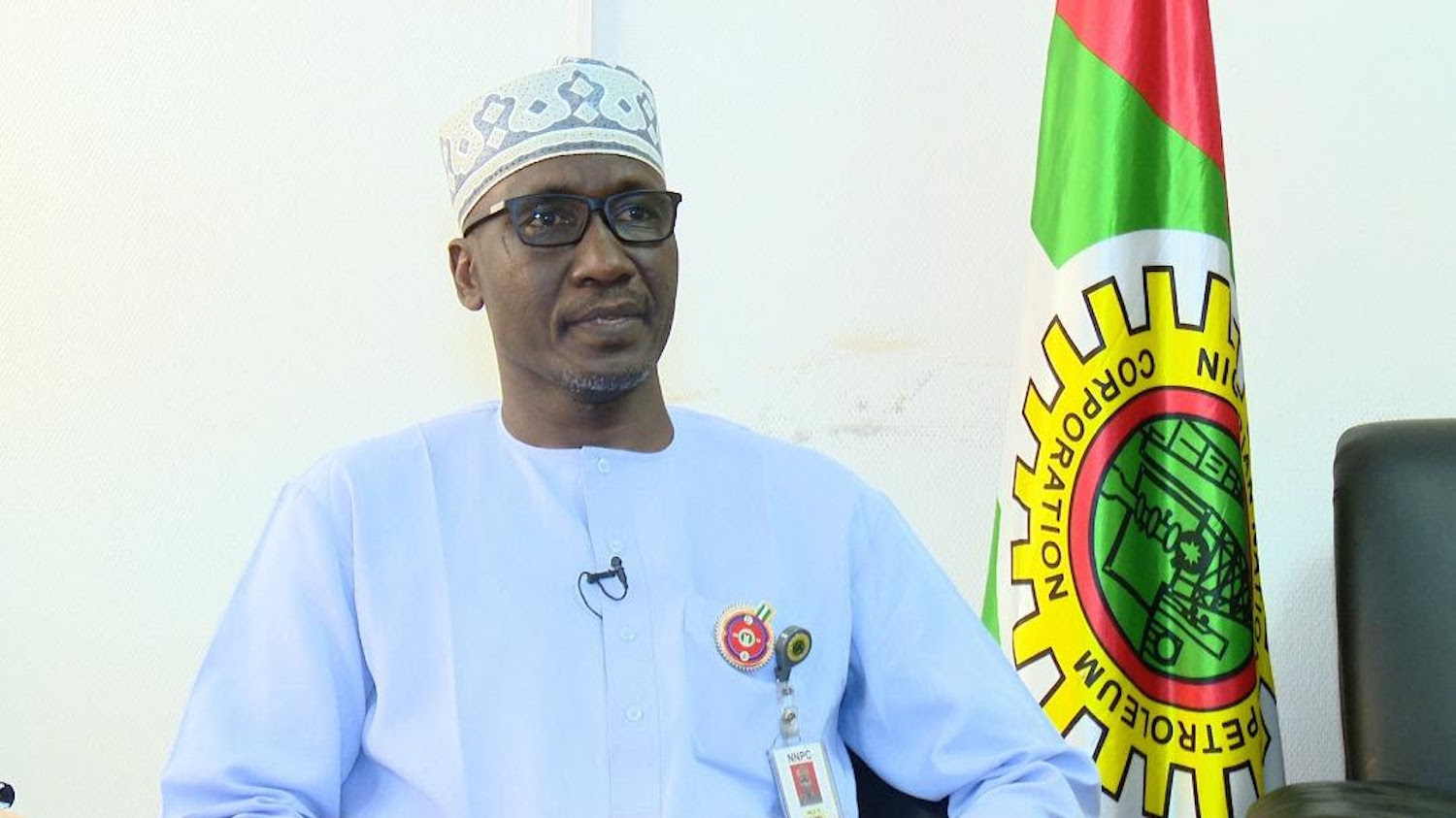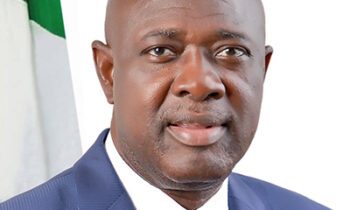
*FG to halt OPEC allocation under-performance by October, mid-November,says Kyari
The Nigerian National Petroleum Corporation (NNPC) on Wednesday predicted that the global natural gas crisis, which has resulted in rising prices, could push up oil prices by as much as $10 a barrel over the next three to six months.
According to Mele Kyari, Group Managing Director of NNPC, who spoke on Bloomberg Television monitored by Business Standards, he said, that in the next three to six months, the current distortion in the market could lead to an increase in oil prices by at least $10. With Brent crude hitting $76 on Wednesday, the increase could actually be about $86 during the period.
He said: “Wholesale gas prices have surged by 250 per cent since the beginning of the year, including a 70 per cent rise, disrupting food supplies in parts of Europe and putting several energy suppliers out of business.”
The NNPC boss stated further that in Nigeria, the price of Liquefied Petroleum Gas (LPG), or cooking gas, has increased by more than 100 per cent in the last few months due to under-supply, according to NNPC. Although, marketers have also attributed the increase to the introduction of a 7.5 per cent Value Added Tax (VAT) and rising dollar value to the naira.
Over 60 per cent of Nigeria’s domestic gas needs he said are sourced internationally, while the rest is sourced locally, despite the fact that the country sits atop a 206 Trillion Cubic Feet (TCF) proven quantity of gas reserved..
He said the continuous increase of the price of gas would most likely seep into the oil prices because consumers would be forced to seek fuel alternatives to natural gas in the nearest future because of rising prices, as demand for oil could be boosted by as much as 1 million barrels per day (bpd).
“It will absolutely hit crude prices as energy consumers are forced to shift from gas to other fuels,” the NNPC GMD stated. “You wouldn’t be very wrong if you said you would see an additional $10 on a barrel maybe three months, maximum six months,” he added.
The world he said is presently in a potential crisis because last year, a number of things were not done right, including under-investment in the gas sector, particularly.
“The implication of that is that we’re going to see the effect coming up in a year or two maximum. And that will also affect the gas supply all over the globe and, particularly, in Europe.
“This is going to show up in a number of gas-rich countries and gas supply projects are being stalled, a number of midstream gas projects are being stalled or delayed, and the net effect will be that there will be an impact on pricing coming very shortly.”
He disclosed that there was still clearly a supply gap, stressing that in the country, supply to the Nigeria LNG plant has been beset by several challenges in recent times.
He stressed, “There are a number of things going on now to improve on the gas supply. We surely have issues around gas supply to the LNG plant, in particular, and even into the domestic market and the net effect is that you will see some slippages in cargos in 2022 and even in 2021.
“And the implication of that is that you have to do something pretty quickly and we have lost time, we have lost investment and for us, what must happen is a very quick return to a pre-Covid-19 level investment and that, of course, is being adjusted and I know that this is a key challenge for the industry.”
According to Kyari, since in many jurisdictions, including Nigeria, gas production is tied to oil production and much of the production is associated, prices may spiral in several areas.
He stated that closing the global oil supply gap in three, four months’ time might not be feasible, but noted that Nigeria’s underperformance in the last few months in relation to the quota allocated by the Organisation of Petroleum Exporting Countries (OPEC) would be halted by the end of October this year or mid November.
“From everything we’re doing, we’ll get back to the OPEC level, probably, by the end of October and maximum middle of November. We’re not far from that,” he assured.
The GMD pointed out that the national oil company was going through a transformation that would see it invest more in renewable energy sources, going forward.
He stated, “We are undergoing a transformation and what this means is that we’re going to lead a company that will become the biggest company in Africa, not just the company that will lead the transition into renewables as we go forward to zero carbon situation.
“And what we have to do is to focus on gas development, as everybody else is doing, and also focus on the reality, which is that you need to go electric and to do this, you need a number of things done as quickly as possible to make this company completely commercial and completely profitable. It already is.”



